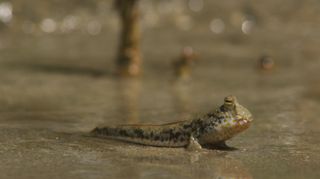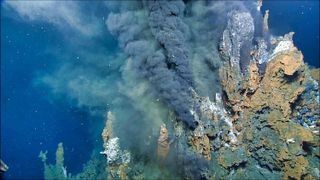Evolution
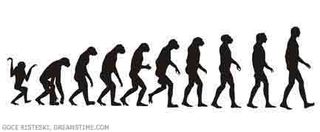
Evolution is among the most substantiated concepts in science and is the unifying theory of biological science. Charles Darwin co-originated, with Alfred Russel Wallace, the theory of evolution by natural selection. His masterwork, the 1859 "Origin of Species," offered ample evidence for evolution having occurred, as well as the first strong explanation for its mechanism, natural selection. Modern evolutionary theory incorporates these concepts: species change over time; genetic mutations are responsible for the changes; individuals with beneficial genetic mutations will survive preferentially compared with their competitors, in a process known as natural selection; those successful individuals' more numerous offspring will spread the beneficial genetic constructs throughout the population; when enough genetic changes reproductively isolate a population, that population has become a new species. Here you'll find news and information on evolution and the battle with proponents of so-called creation science.
Latest about Evolution
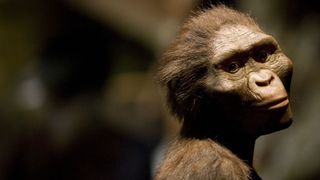
Human ancestor 'Lucy' was hairless, new research suggests. Here's why that matters.
By Stacy Keltner published
Lucy is popularly depicted as being hairy, but new evidence suggests she wasn't. The discovery prompts new questions about the history of nudity.
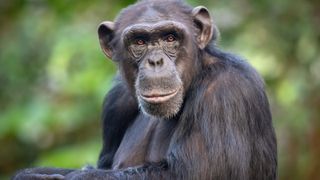
Y chromosome is evolving faster than the X, primate study reveals
By Nicola Williams published
The male Y chromosome in humans is evolving faster than the X. Scientists have now discovered the same trend in six species of primate.
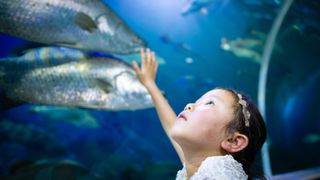
Why don't humans have gills?
By Marlowe Starling published
Our distant fish ancestors had gills, so why don't humans?
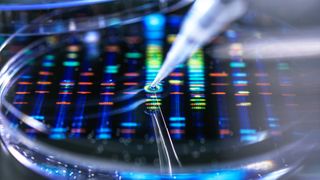
Genomes of 51 animal species mapped in record time, creating 'evolutionary time machine'
By Kiley Price published
Using a new technique, scientists created genetic blueprints for kangaroos, penguins, sharks and more.

Why can't we smell ourselves as well as we smell others?
By Amanda Heidt published
It isn't true that we can't smell ourselves, although we do become habituated to our own scent.

Are legs more important than arms?
By Kiley Price published
Whether arms or legs are more important depends on the species and the environment.
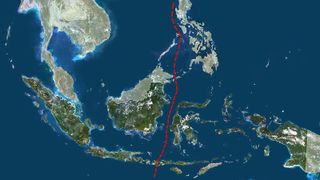
Invisible barrier that runs through Indonesia finally explained by scientists
By Harry Baker published
Researchers now understand why there is an uneven distribution of animal species on either side of the mysterious boundary, known as the Wallace Line.
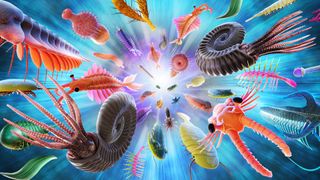
Did the Cambrian explosion really happen?
By Amanda Heidt published
Something unique does seem to have taken place during this time when so many animal groups first appeared, but it's not an open-and-shut case.
Sign up for the Live Science daily newsletter now
Get the world’s most fascinating discoveries delivered straight to your inbox.
